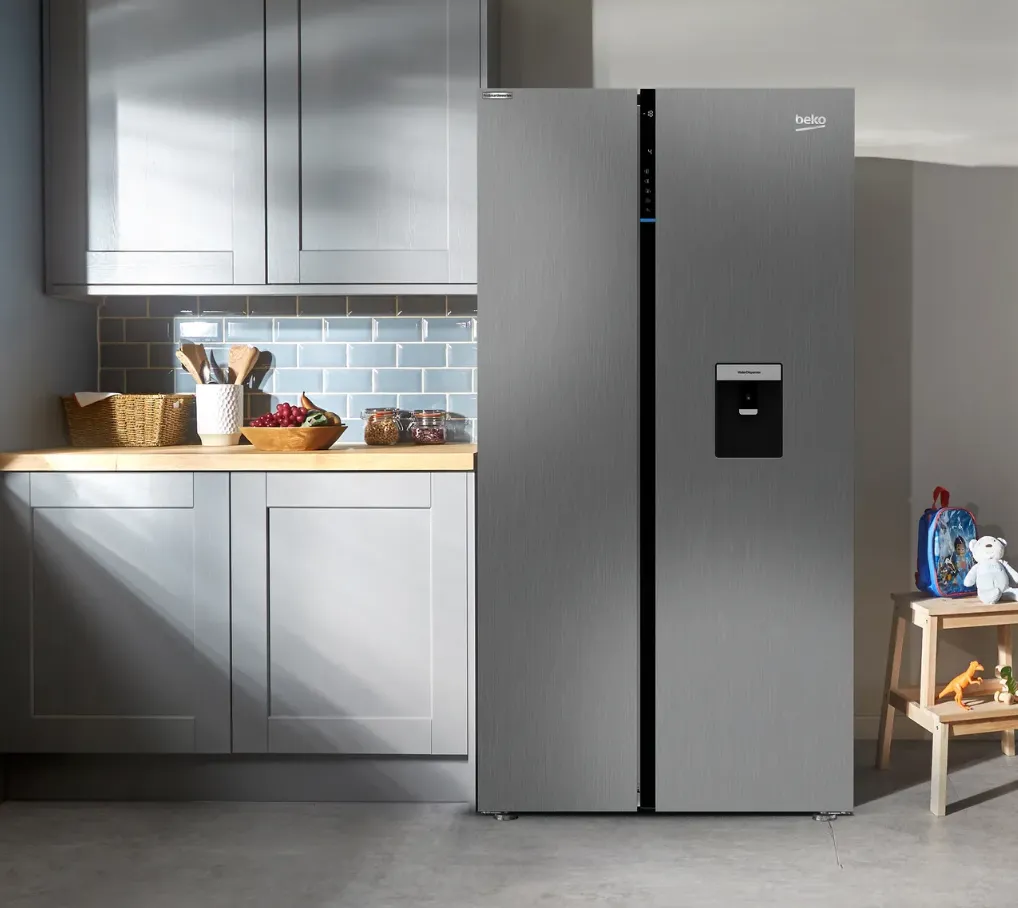As many as one million UK households could save money on electricity bills by reducing their power consumption for one hour, thanks to a new scheme launched by the National Grid in the hope of preventing blackouts. The Demand Flexibility Service, which was successfully piloted last year, begins in earnest on Monday 23 January with the first session scheduled for 5pm to 6pm.
Here's everything you need to know about the Demand Flexibility Service, including which energy companies are taking part, and how much you could stand to save:
What is the Demand Flexibility Service?
The Demand Flexibility Service (DFS) is a scheme which offers customers at participating energy companies a chance to earn back money on their energy bills by reducing their electricity use for one hour on selected evenings.
The scheme was launched by the National Grid, with the aim of building up a larger safety buffer of stored electricity following a period of unusually high demand due to the recent cold snap. Three coal-powered plants designated as back-up generators in the event of strain on the national grid have also been placed on standby as a precaution.
'The electricity grid is facing increased pressure and smart technology plays a key role in managing peak demand,' explained National Grid ESO chief executive Chris O'Shea. 'Reducing consumption has the added benefit of helping consumers save on their energy bills.'
How does it work?
Hour-long DFS sessions will usually occur between the peak demand hours of 4pm and 7pm, although the National Grid has said that longer sessions, lasting several hours, could be introduced if required. If you are signed up to participate in the scheme, your energy provider will notify you the day before a planned session.
During the session, participants will be encouraged to reduce their electricity as much as possible. This can be achieved by choosing not to run energy-heavy appliances like washing machines, tumble dryers, dishwashers and electric ovens during this period. Small appliances like kettles, lightbulbs, and TVs consume very low levels of power, so there's no need to do away with all your comforts!
Where to buy the most energy-efficient...

You must have a working smart meter to take part in the DFS, as real-time energy readings will be taken to compare your energy usage during the DFS session to your average consumption. If you meet the savings threshold set by your supplier, you will receive money back on your bills.
When are the Demand Flexibility Service sessions?
The DFS is all about giving the National Grid more flexibility, so the precise dates of the sessions will depend on current electricity levels and demand. However, there will be a maximum of 12 sessions between now and 31st March, when the current phase of the scheme comes to an end.
How much could I save by participating in the Demand Flexibility Service?
The exact incentives vary by supplier - see the section below for a list of energy companies signed up to the service. The National Grid is offering energy providers a 'guaranteed minimum price' of £3 per unit (kWh) saved, but it is up to the firms to decide how much of this to pass on to customers.
However, to give a realistic idea of how much households could save, Octopus customers who took part in the November 2022 trial sessions saved an average of £1 each, with the top 5% of savers averaging payouts of £4.27.
There are other ways of calculating rewards, too. For instance, Ovo will pay £20 per month to participating households who reduce their electricity consumption to 12.5% or less of their average usage, totalling up to £100 over the course of the scheme.
Which energy companies are taking part in the Demand Flexibility Service?
The first UK energy firm to trial the Demand Flexibility Service was Octopus Energy, back in February 2022. Since then, a total of 26 energy companies have joined the scheme, including both domestic and non-domestic providers. Here are the domestic energy providers taking part:
- British Gas
- CarbonLaces
- EDF
- E.ON Next
- Equiwatt
- ev.energy
- Flexitricity
- Hugo Energy App (via SMS)
- Labrador (via Perse Technology Ltd)
- Loop.homes (via SMS)
- myenergi (via Orange Power)
- Octopus Energy
- OVO Energy
- Power Rewards App (via Orange Power)
- Shell Energy Retail (Via SMS)
- SMS
- VpowerU
How do I sign up to the Demand Flexibility Service?
If you currently have a working and up-to-date smart reader and your energy supplier is on the list above, but you haven't yet been contacted about the DFS, you can visit your provider's website to find out more about their individual scheme. Some firms, such as British Gas and OVO, are currently only offering the service to a limited number of customers on an invitation-only basis.
Here at YourHomeStyle.UK HQ we're always scouring the internet for money-saving tips and energy-efficient appliances, so check out our other practical guides, including household money saving tips, clever ways to save money and reduce your bills, energy-saving tips and Christmas on a budget, as well as buyer's guides, including best smart thermostats and best energy efficient air fryers. We've even put together some how-to features, including how to insulate a loft and how to save water in your bathroom.

